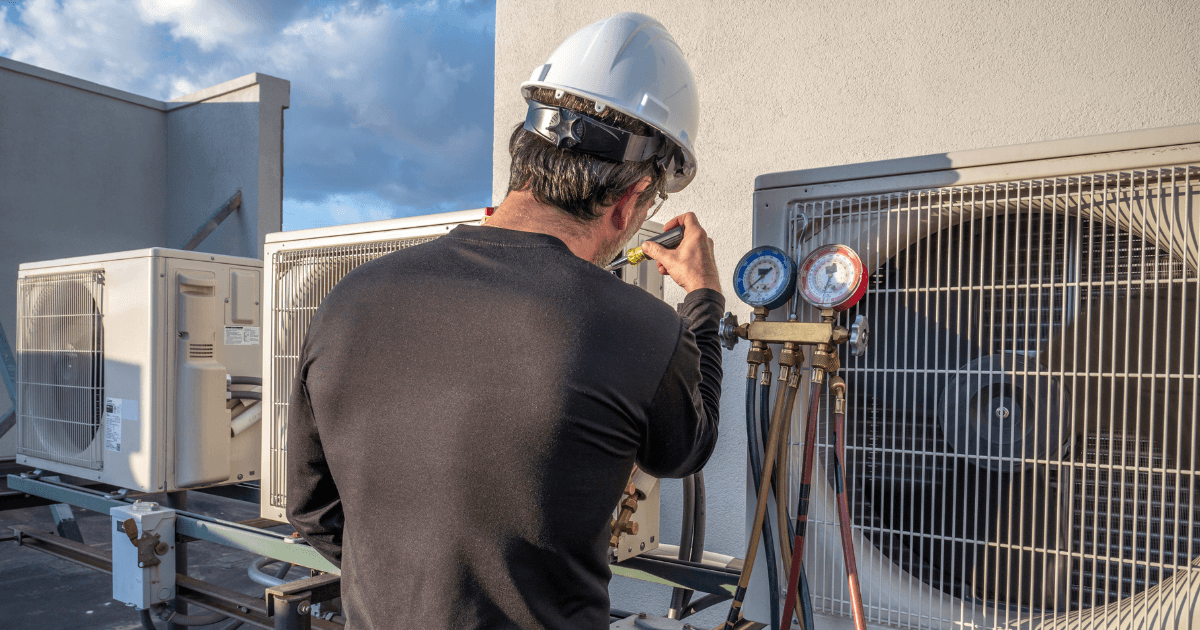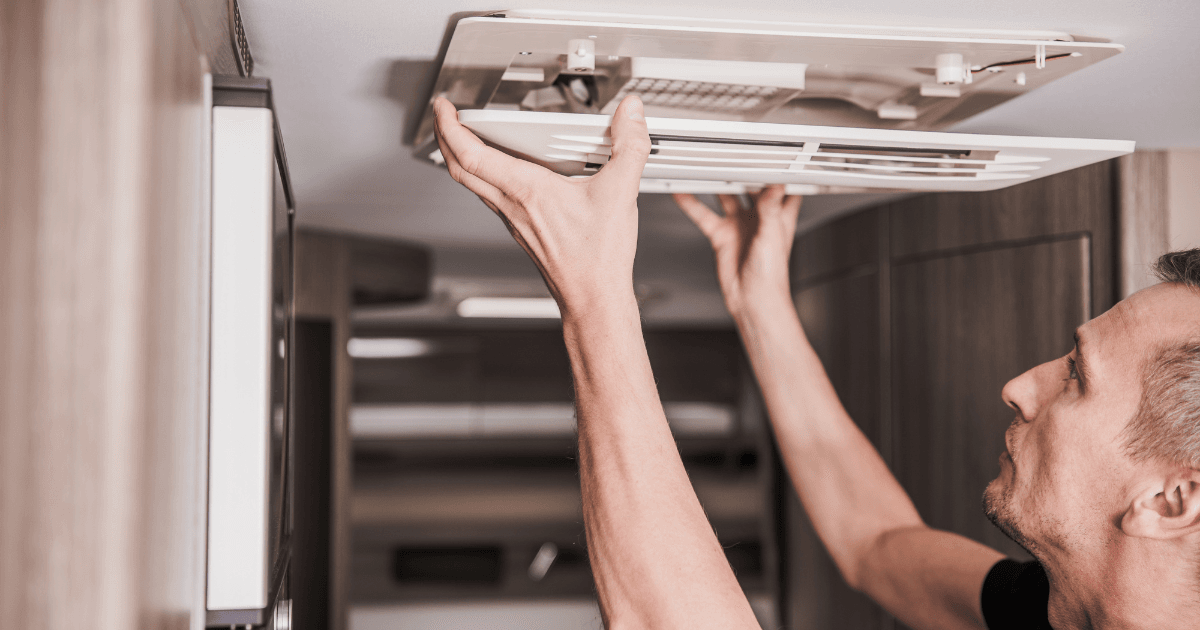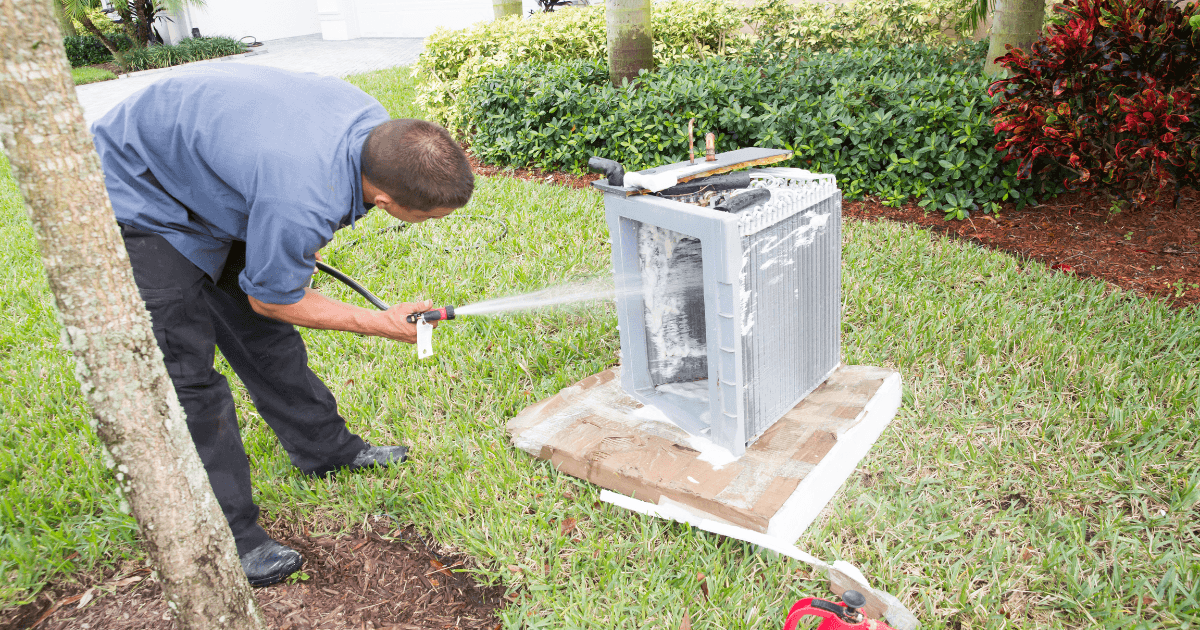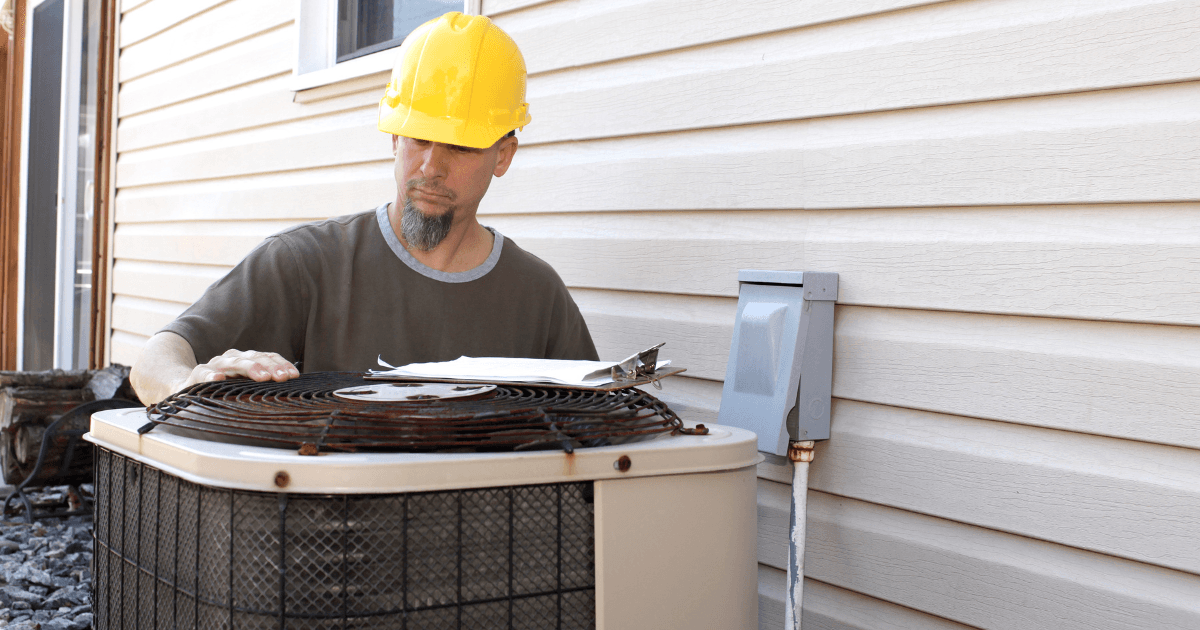The intense Arizona heat makes air conditioning an essential service, creating a high demand for HVAC professionals. However, with this demand comes the risk of encountering unscrupulous contractors who prey on homeowners’ urgency and lack of technical knowledge. Scams in the HVAC industry can take many forms—from overcharging for unnecessary repairs to poor workmanship that results in frequent breakdowns.
To truly understand how to avoid these scams, we need to approach the issue from first principles, breaking down the underlying incentives, vulnerabilities, and common practices that lead to deceptive tactics. By examining the mechanics of HVAC systems, contractor motivations, and how the industry operates, we can empower homeowners with the knowledge to protect themselves.
Deconstructing the Core Problem: Why HVAC Scams Happen
The HVAC industry, like many service-based industries, is prone to scams for several fundamental reasons:
- Information Asymmetry: Most homeowners lack the technical knowledge to assess their AC system’s true condition, making it easy for unscrupulous contractors to fabricate issues or recommend unnecessary services.
- Urgency in Extreme Climates: Arizona’s extreme summer heat makes a broken air conditioner an emergency. This urgency makes homeowners more susceptible to accepting the first service they can find, without taking the time to vet contractors properly.
- High Repair Costs and Long-Term Commitments: Air conditioning systems are expensive to repair and replace, and often require regular maintenance. This creates opportunities for contractors to inflate prices or lock customers into long-term service contracts with hidden fees.
- Market Saturation: The high demand for AC services in Arizona has led to a saturated market, where distinguishing between high-quality, reputable contractors and shady operators can be difficult.
By understanding these underlying conditions, homeowners can develop a strategic approach to selecting contractors and identifying scams before they happen.
The Most Common HVAC Scams in Arizona and How to Avoid Them
1. The “Too Good to Be True” Quote
One of the most common scams involves offering a suspiciously low initial quote to entice customers. Once the contractor begins work, they may claim to discover additional problems that weren’t included in the original quote, driving up the final price far beyond what was expected.
Pricing should be aligned with the complexity of the work and the cost of materials. If an estimate is significantly lower than others, it likely means the contractor is cutting corners or planning to upsell unnecessary services.
How to Avoid It:
- Always get multiple quotes from different contractors. A wide disparity in pricing is a red flag.
- Request a detailed breakdown of the estimate, including labor, parts, and potential additional costs. Honest contractors should be transparent about their pricing structure.
2. The Unnecessary Replacement Scam
In this scenario, the contractor insists that the entire AC unit must be replaced, even when a simple repair could fix the issue. The homeowner, unfamiliar with HVAC systems, may agree to a costly replacement that wasn’t actually needed.
An air conditioning unit is composed of replaceable components (compressor, evaporator coils, fans, etc.). Unless the unit is very old or severely damaged, a complete replacement is often unnecessary.
How to Avoid It:
- Get a second opinion before committing to a major replacement.
- Ask the contractor to explain which components are failing and why they cannot be repaired. Use this information to research whether the issue warrants a replacement or a repair.
3. The “Refrigerant Refill” Scam
Some contractors may claim that your AC needs refrigerant to operate properly, charging exorbitant fees for refrigerant refills. While low refrigerant can indeed cause issues, it is often a symptom of a leak, which should be addressed directly. Continually refilling refrigerant without fixing the leak is a classic scam tactic.
Refrigerant is a closed system; it doesn’t get “used up” like fuel. If your system is low on refrigerant, it indicates a leak, which requires immediate repair.
How to Avoid It:
- Ask for a leak test before agreeing to any refrigerant refill. If a leak is detected, the leak should be fixed before adding more refrigerant.
- Keep an eye on your energy bills. If they’re rising despite regular maintenance, it could indicate a refrigerant issue or scam.
4. High-Pressure Sales Tactics for Maintenance Plans
Some HVAC companies push homeowners into purchasing long-term maintenance contracts by offering a discount for immediate signup. However, these plans may include hidden fees or provide subpar service. In some cases, homeowners find that they are paying for unnecessary services they don’t actually need.
Regular maintenance is important, but not all service contracts are worth the investment. The key is to ensure that the services offered align with the actual needs of your system and provide measurable value.
How to Avoid It:
- Read the fine print of any maintenance contract. Ensure that the services being offered are necessary and provide real value.
- Don’t feel pressured to sign up for a long-term plan without doing your homework. Take time to research the contractor’s reputation and compare their offerings to other providers.
5. Unlicensed or Uninsured Contractors
Arizona has strict licensing requirements for HVAC contractors. Some scam artists, however, operate without a license, insurance, or proper certifications, which can leave homeowners vulnerable if something goes wrong.
Licensing ensures that the contractor has the necessary training and adheres to industry standards. Insurance protects both the contractor and the homeowner in case of accidents or damage.
How to Avoid It:
- Always check that the contractor is licensed and insured. In Arizona, you can verify a contractor’s license through the Arizona Registrar of Contractors (ROC).
- Request proof of liability insurance before any work begins.
How to Vet a Contractor: Building a System for Trust
To avoid falling victim to a scam, homeowners must develop a systematic approach to vetting HVAC contractors. Here’s how to ensure you’re working with a legitimate and trustworthy professional:
1. Check Licenses and Certifications
Arizona requires HVAC contractors to hold a valid license, which can be verified through the ROC’s online database. Additionally, look for contractors who hold certifications from reputable organizations such as NATE (North American Technician Excellence), which indicates a higher level of expertise.
2. Research Reviews and Testimonials
While online reviews can be helpful, it’s essential to dig deeper. Look for verified customer testimonials and check platforms such as Angie’s List, BBB (Better Business Bureau), and Yelp. Be wary of contractors with overly positive or negative reviews that seem manipulated or biased.
3. Ask for Referrals
A reputable contractor should be able to provide referrals from previous clients. Speak with homeowners who have used their services recently and ask about their experience, particularly regarding pricing, punctuality, and service quality.
4. Avoid High-Pressure Sales Tactics
If a contractor uses high-pressure tactics to push you into a sale or repair, it’s a major red flag. Trustworthy contractors should provide you with all the necessary information, allow you time to make an informed decision, and respect your right to get a second opinion.
5. Insist on Written Contracts
Never agree to verbal contracts. Always insist on a written estimate that includes a breakdown of all costs, timelines, warranties, and service terms. This ensures transparency and accountability.
Real-World Applications: Case Study of a Common Scam
Consider a scenario where a homeowner in Phoenix receives a call from a contractor offering a free HVAC inspection. During the inspection, the contractor claims that the air conditioner is on the verge of failure due to low refrigerant levels and offers a quick, discounted refill. The homeowner agrees, but within weeks, the AC begins malfunctioning again. The contractor then suggests a full replacement of the unit, claiming it’s beyond repair.
Here’s how this scam could have been avoided using first principles thinking:
- Refrigerant doesn’t naturally deplete: The homeowner could have questioned why the system was low on refrigerant and asked for a leak test.
- Get a second opinion: The homeowner could have contacted another contractor for an independent evaluation before agreeing to a costly replacement.
- Check credentials: Verifying the contractor’s license and certifications might have revealed they were not qualified or operating legally.
Conclusion: Protecting Yourself from HVAC Scams in Arizona
Air conditioning is a vital service in Arizona, but it’s also a prime target for scammers looking to exploit homeowners. By breaking down common scams to their fundamental components—information asymmetry, urgency, and pricing manipulation—we can develop strategies to protect against them. Armed with knowledge about how HVAC systems work, what red flags to look for, and how to properly vet contractors, homeowners can ensure they receive the high-quality service they deserve while avoiding unnecessary costs and stress.
In Arizona’s extreme climate, where reliable air conditioning is essential, making informed decisions about AC repairs and maintenance isn’t just smart—it’s a necessity.





